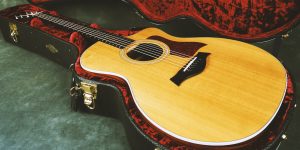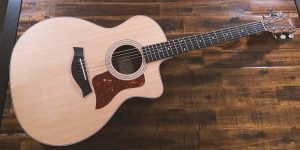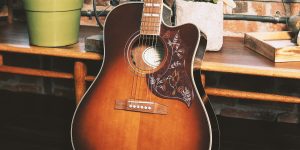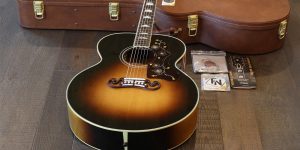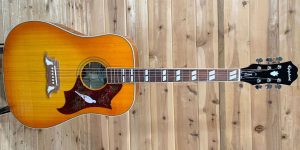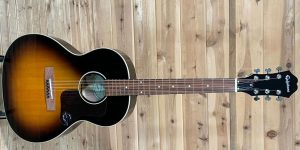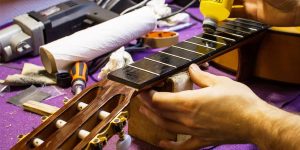Sooner or later, you’ll wonder how long do guitars last. After all, every time you buy a new instrument, it’s a considerable expense, and it all depends on how much value you place on such an investment. However, with proper care and good handling, the average lifespan of even an inexpensive guitar can be 20-30 years. In this article, I’ll tell you what needs to be considered and done to enjoy your instrument as long as possible. Of course, different factors affect the lifespan depending on the type of guitar (electric, acoustic or classical), and we’ll start with them now.
Electric guitar
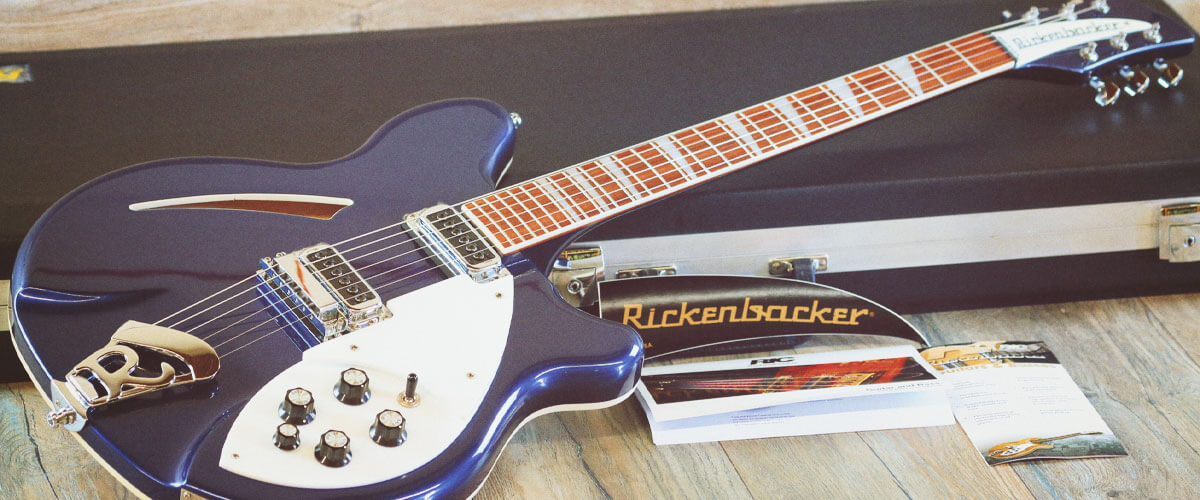
Solid-body electric guitars are usually made of durable, high-quality wood (Mahogany, Maple, etc.), even if their price is low. They also have special coatings that protect them from weather factors. Therefore, it is only possible to destroy such a guitar on purpose, as many performers do during their concerts. But I suggest you follow the example of those musicians whose instruments now adorn museums and can still do good service on stage.
The neck of electric guitars is less stressful to play, so it’s not a concern either. The only thing that will help you keep the instrument as long as possible is regular treatment with special products, let’s say, once a year.
Thus, the focus should be on the details of your guitar. For example, strings, frets, bridges, and picks will wear out over time, malfunction, and are not dependent on how well you treat the instrument. A periodic inspection will help you spot problems in time and replace the necessary components.
Acoustic Guitar
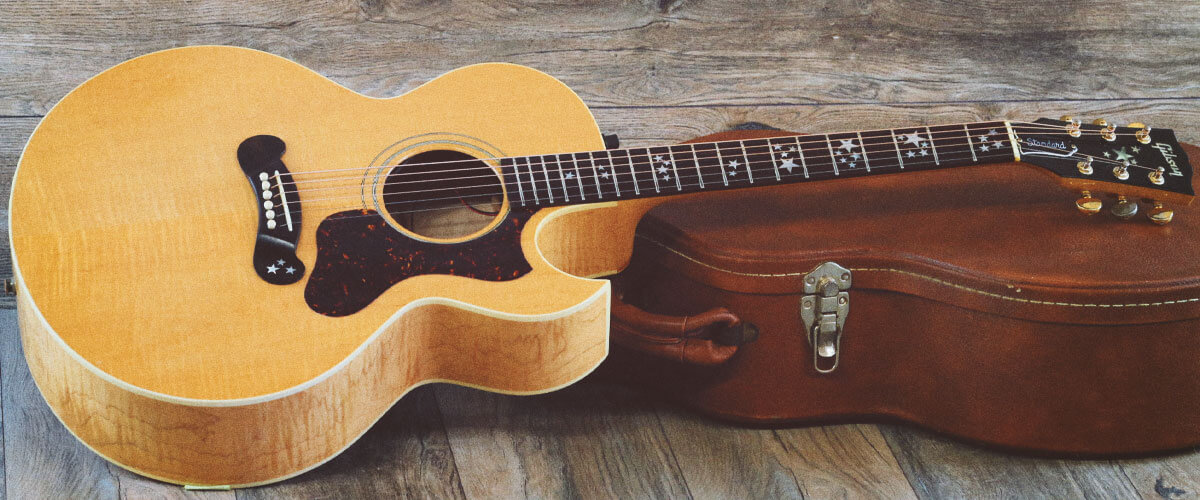
Acoustic guitars (this also applies to hollow and semi-hollow electric types) are made of much thinner wood. They are reinforced on the inside with special braces for stability and rigidity. And in the end, it all depends on the quality of materials, as well as the way of storage. So I should note that guitars made of expensive, high-quality materials will last longer.
An indispensable aspect of storage is the temperature and humidity in which the guitar itself and the glue with which its parts are joined will not dry out longer. An environment with high temperatures and low humidity will be crushing; the instrument will simply crumble over time, not to mention changes in sound. Proper storage and care of the body with special products will help you prolong the life of your guitar and even pass it on to your child.
One of the fundamental storage conditions is the tension of the strings. If the tension is not loosened, it can cause the bridge to pull away from the body over time. Therefore, using thinner strings and replacing them regularly also contributes to the longevity of the guitar.
Classic Guitar
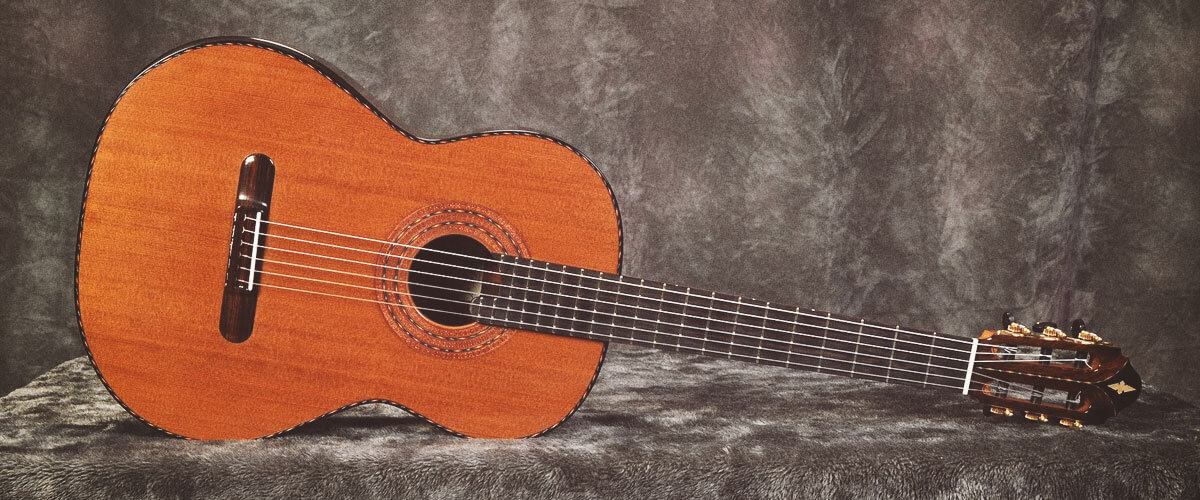
Nylon strings, which put less tension on the neck, and the absence of a bracing system make classical guitars different from acoustic guitars. This means they are lighter but also more vulnerable to external damage. So proper care of the body, storage conditions, and timely replacement of parts (strings, bridge, picks) are all you need to prolong the life of your instrument.
I would also point out that a classical guitar, like an acoustic guitar, will change its sound over time due to wood changes. But that’s not always a bad thing. Sometimes a quality guitar with proper care will only sound better. On the other hand, electric guitars can only change their sound because of problems with the electronics. So, it’s good to think about how many guitars you need.
Summary
So, as you can see from the above, a guitar can wear out. This is especially true for its parts. The wear rate depends on the instrument’s materials but mostly on proper care and timely parts replacement. It also depends on how often you use the instrument. But if you follow all the rules, take care, and love your guitar, believe me, you can play it forever or even pass it down as a legacy.


